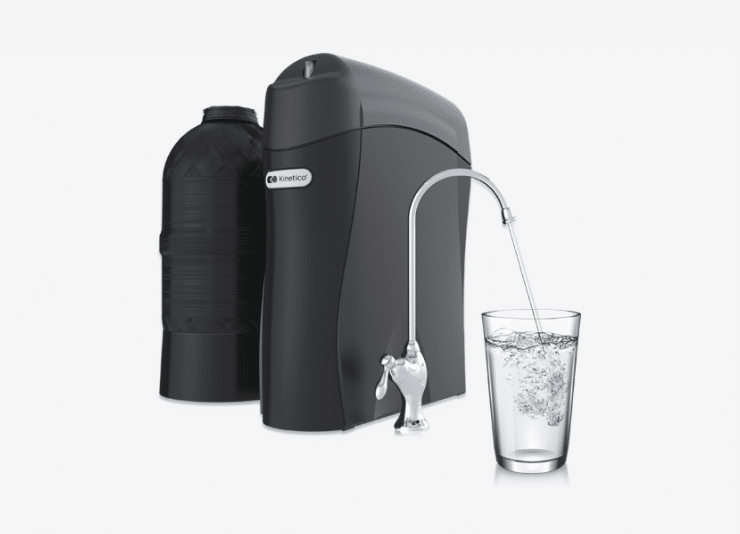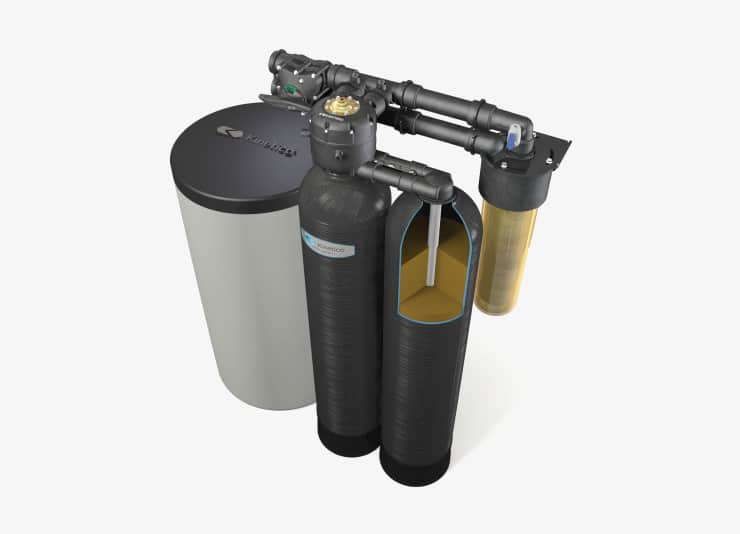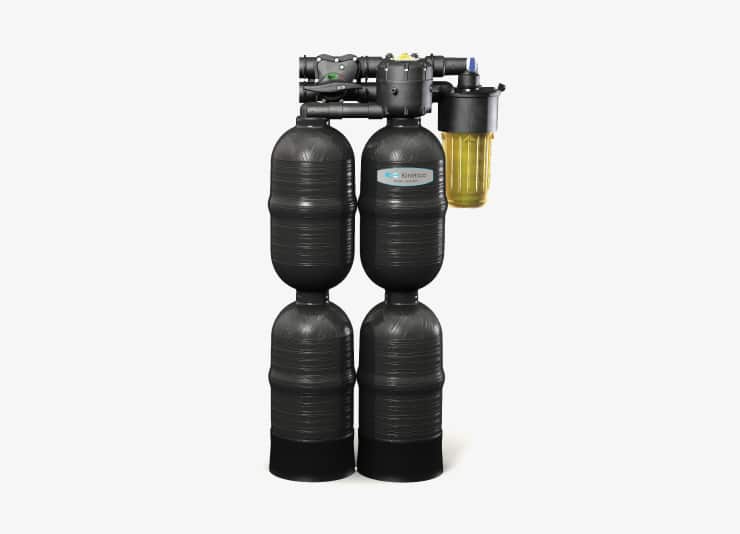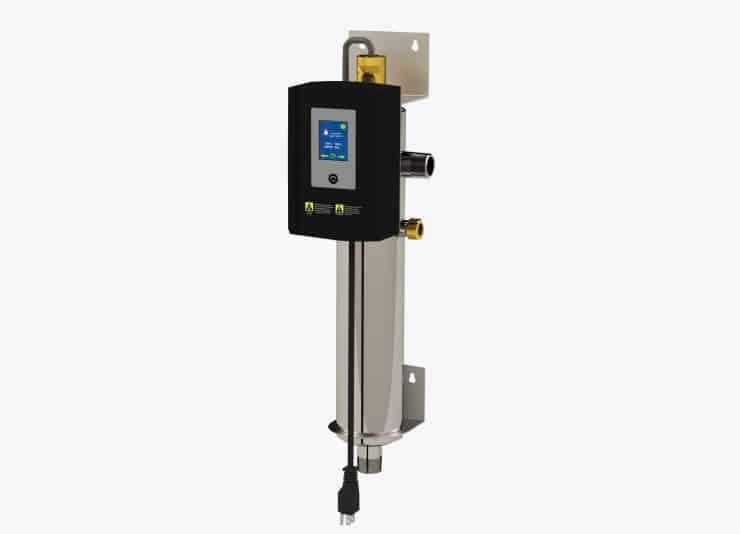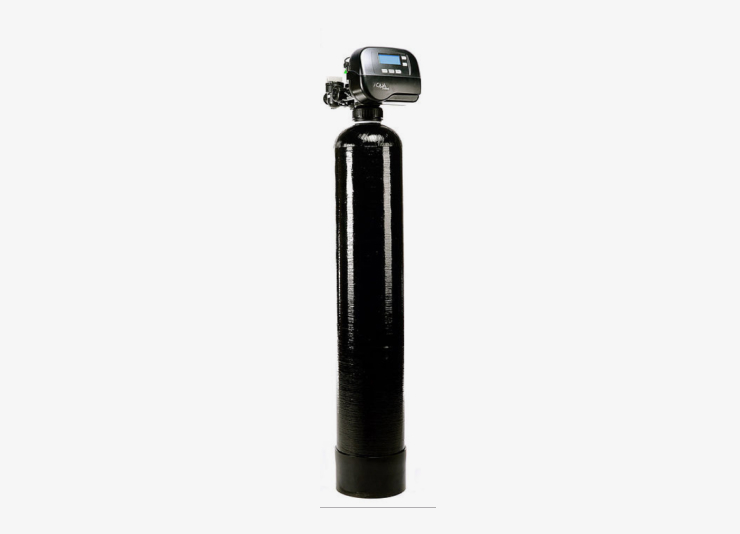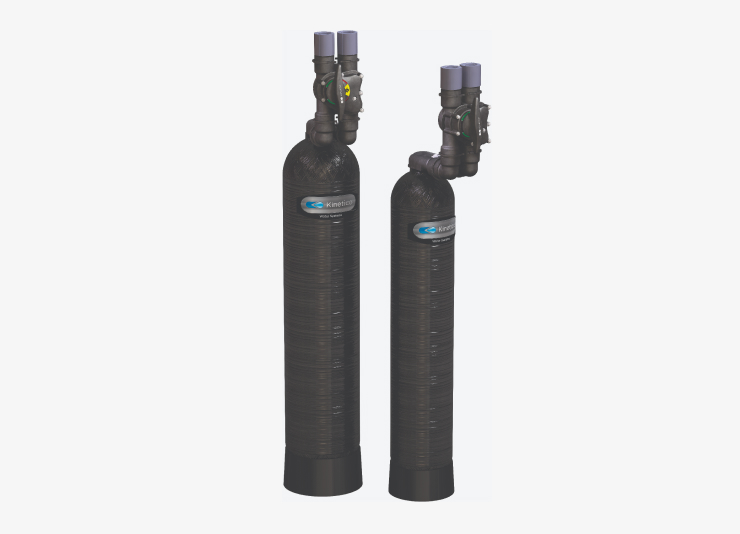
Well Water Odors: Common Causes & How To Remove Them
Well Water Odors: Common Causes & How To Remove Them
If your well water has started to smell unpleasant, you are not alone. Odors in well water are fairly common, and while they can be alarming, they are often treatable with the right approach. The key is understanding what causes the smell and then applying the correct solution.
Why Well Water Smells
One of the most common reasons for foul odors in well water is the presence of hydrogen sulfide gas. This gas is easily recognized by its rotten egg smell and sometimes metallic taste. It can form naturally in groundwater through the breakdown of organic material, or it may be introduced by sulfur bacteria that thrive in low-oxygen environments like wells and plumbing systems.
Hydrogen sulfide itself is not usually dangerous at the low levels found in private wells, but it can create bigger problems. It encourages the growth of nuisance bacteria, which form slimy deposits that clog plumbing, water heaters, and irrigation systems. Over time, this buildup can damage equipment and reduce water flow.
Another sign of hydrogen sulfide contamination is black or gray stains on plumbing fixtures, silverware, or laundry. Sulfur bacteria may also leave behind colored slime in the water that appears white, black, or reddish. These issues not only affect water quality but can also cause corrosion of pipes and fittings.
Other Common Causes of Odors in Well Water
While hydrogen sulfide is the most frequent culprit, other factors can lead to unusual smells in well water:
- Iron and manganese bacteria – These bacteria don’t cause health issues but create musty, earthy odors and reddish or black deposits in water systems.
- Organic material – Decaying leaves, soil, or other natural matter near the well can break down and release gases or odors into the groundwater.
- Chlorine or chemical interactions – In some cases, chemical reactions between disinfectants and organic matter can leave a strong or bleach-like smell.
- Contaminants – Less commonly, contaminants such as petroleum products, pesticides, or other industrial pollutants can enter wells and cause chemical odors.
How to Fix Smelly Well Water
The right solution depends on the source of the odor. A proper water test is the first step, since it confirms what contaminants or bacteria are present. Once the cause is identified, common treatment methods include:
- Shock chlorination – A one-time treatment with chlorine that disinfects the well and plumbing, effective for bacteria-related odors.
- Activated carbon filtration – Removes hydrogen sulfide gas and other odor-causing compounds, improving both taste and smell.
- Aeration systems – Expose water to air to strip out hydrogen sulfide gas before it enters your plumbing.
- Oxidizing filters – Use media such as manganese greensand or catalytic carbon to neutralize hydrogen sulfide, iron, and manganese.
- Regular maintenance – Cleaning and inspecting wells, pumps, and plumbing helps prevent bacterial growth and recurring odors.
When to Take Action
If you notice persistent rotten egg smells, metallic odors, or staining from your water, it’s important not to ignore it. While most causes are not immediately dangerous, they can worsen over time and may point to deeper problems with your well. In rare cases, chemical or fuel-like odors could indicate serious contamination, which requires immediate professional testing and treatment.
Clean, odor-free water is essential for health and comfort. Testing your water regularly and installing the right treatment system ensures your household supply is safe, pleasant, and reliable year-round.

How to get rid of smelly well water – permanently
If you suspect that your well has been contaminated with hydrogen sulfide gas, the first thing to do is have your water tested at a laboratory. Hydrogen sulfide encourages the presence of other chemicals, which may go unnoticed as they have no taste or odor. Getting a comprehensive test of the well water will identify whether it contains any other chemicals, such as nitrate or coliform bacteria.
If the laboratory test results confirm that the well is contaminated with hydrogen sulfide gas, the first thing to do is disinfect the water, usually with a potent chlorine solution that will kill all traces of the bacteria. Rather than do this yourself, it’s best to hire a contractor, as it’s a long and complex process.
Once in a well, sulfur bacteria are good at lingering. Consequently, the well cases will likely need a hard scrub, the right chemicals will need to be selected, and the water will need agitating before the disinfection process. If the presence of hydrogen sulfide has also contaminated the water with iron, this process will be made even more difficult. However, we offer iron filters for well water also & once completed, the well should be quickly restored to its usual quality.
There are, however, other options. For example, there are a variety of water filters for well and cleaning systems to restore your home water’s quality. Additionally, there’s always the option of constructing a new well.
Act fast when it comes to smelly well water
When it comes to smelly well water, it's essential to act fast. When in doubt, seek help from a reliable specialist, and ALWAYS test the water. Though hydrogen sulfide and sulfur bacteria aren't the most harmful water contaminants, they represent an ongoing problem to the integrity of your water supply.




